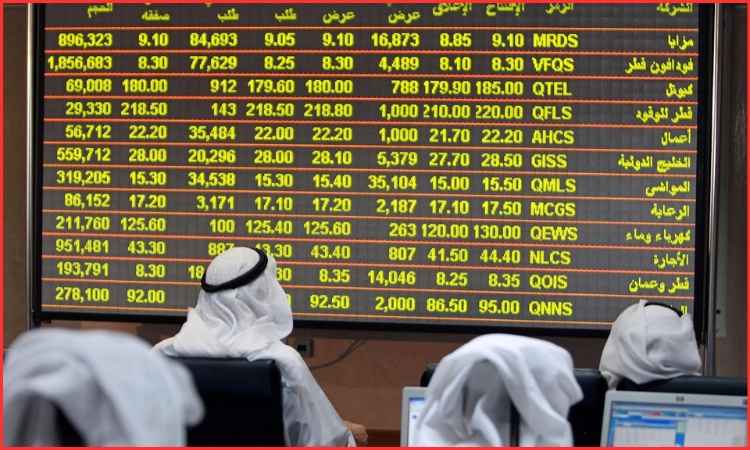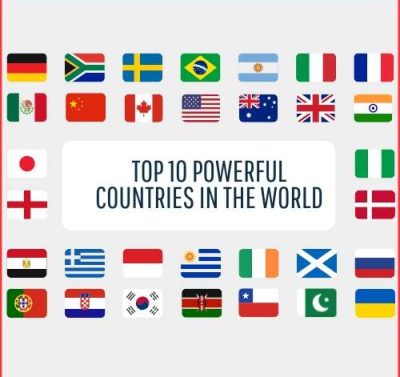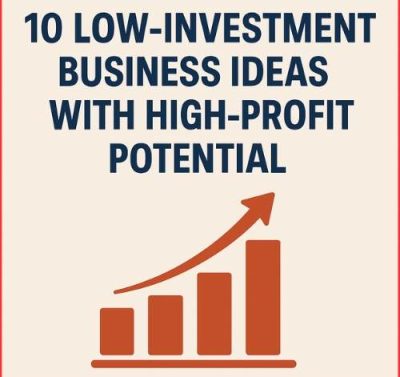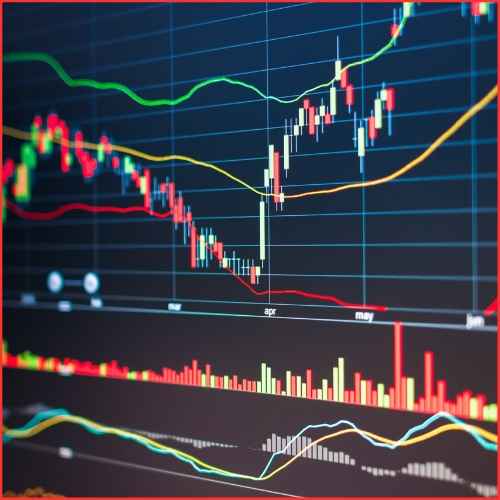
PC: Arabian Business
Stock exchange activity in UAE generated sharp downturns on the Dubai Financial Market (DFM) and the Abu Dhabi Securities Exchange (ADX) after U.S. President Donald Trump established trade tariffs. When markets reopened the DFM registered a 5.95% loss and the ADX experienced a 4.24% decrease on that day. Market downturn originated from Asian trading markets where investors reacted to concerns about a potential U.S.-China trade war together with Trump’s trade tariff impacts on worldwide economic conditions.
Many market analysts correctly predicted this market decline following Saudi Tadawul experienced substantial value drops when its general index lost almost 7% of its worth due to a trillion riyals loss. The UAE market experienced substantial stock value decreases causing Takaful Emarat to become the first DFM-listed company to reach the daily trading limit through its 10% decline. Emaar Development shares led to a collective sector decrease when they dropped 9.95% during market loss in real estate which saw total losses of around 9.4%.
The ADX experienced difficulties as multiple stocks exceeded their daily market caps during trading and among them Adnoc Gas lost 9.97% of its value at midday. The markets displayed overall negative sentiment due to Trump’s tariff announcements because they created uncertainties that damaged investor confidence within the Gulf Cooperation Council (GCC) bourses. Chief Market Analyst at Century Financial Arun Leslie John stated that investors mainly fear economic downturn risks from tariffs rather than facing fundamental problems with strong GCC companies.
Analysts predict that current market instability will persist throughout an upcoming period of several months. The continuing preservation of market instability stems from insufficient clarity regarding trade taxes affecting international commerce according to Hamza Dweik who serves as Head of Trading and Pricing at Saxo Bank MENA. GCC inflation continues to increase through food and transport price changes that will be affected by trade tension-induced dollar value volatility which threatens to drive up import costs and generate consumer price elevation and inflation.
UAE market developments demonstrate increased volatility due to international trade tensions that are significantly impacting the overall market. Investors must remain extremely watchful as the ongoing scenario induces unpredictable market behavior and fluctuations. Over time, these dynamics will become clearer as Trump’s evolving trade policies take effect, further shaping the regional economic landscape and influencing investor sentiment globally with notable intensity.















